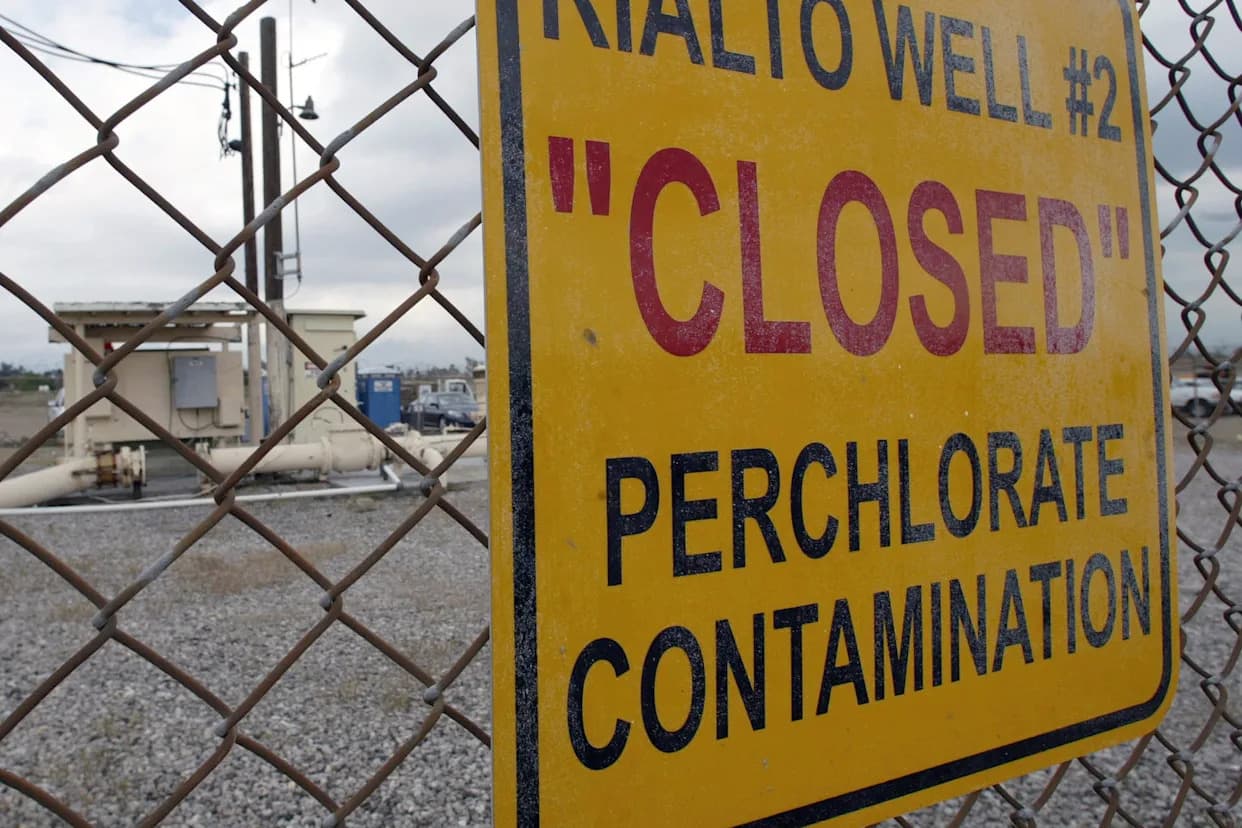EPA revises water rule to narrow federal reach
EPA Administrator Lee Zeldin announced a major rewrite Monday of the Waters of the United States (WOTUS) rule, saying the previous formulation risked treating minor, naturally occurring wet areas as federally regulated waters. The agency framed the change as an effort to provide clearer, more predictable boundaries while continuing to protect navigable waters and public health.
Zeldin said the updated rule balances environmental protection with economic opportunity: 'When it comes to the definition of waters of the United States, EPA has an important responsibility to protect water resources while setting clear and practical rules of the road that accelerate economic growth and opportunity.'
WOTUS traces to the Nixon-era Clean Water Act, which aimed to safeguard wetlands, define 'navigable waters' and protect public health. Over successive administrations the rule's scope shifted: the Obama administration broadened it, the Trump administration narrowed parts of it, and the Biden administration later expanded federal jurisdiction to include features such as ephemeral streams and low-lying seasonal wetlands if they had a 'significant nexus' to navigable waters.
The new rule, developed with Assistant Secretary of the Army for Civil Works Adam Telle and informed by nine nationwide listening sessions, clarifies technical terms and limits federal reach in many situations. Agency officials said the changes will offer long-term regulatory certainty to farmers, ranchers and energy producers who were concerned that a temporary puddle or drainage feature might trigger costly federal permitting.
Key elements of the rewrite include:
- Clearer definitions for terms such as 'relatively permanent' (for waters) and 'tributary'.
- Standards requiring a consistent surface flow to navigable waters for small tributaries to fall under federal jurisdiction.
- Wetland coverage tied to wetlands that retain surface water for a specific annual period.
- Explicit exclusions for groundwater and ordinary agricultural runoff, and removal of previously cropped land from coverage in many cases.
- Stronger recognition of state, tribal and local roles in permitting decisions.
The announcement comes in the wake of the high-profile Sackett case. Michael and Chantell Sackett, who sought to build a modest home near Priest Lake in Idaho, were threatened by an earlier EPA enforcement action with fines reportedly near $33,000 per day for work on soggy ground. The Sacketts sued, and the dispute culminated in a unanimous 2023 Supreme Court decision that limited federal jurisdiction to wetlands and waters with a continuous surface connection to waters that are themselves waters of the United States.
'Only those wetlands and waters that have a continuous surface connection to bodies that are waters of the United States in their own right,' the justices wrote.
The Biden administration previously revised its drafting to account for that ruling; the current rule narrows and clarifies those limits further, according to the EPA.
Critics of the rewrite warn the change could weaken environmental protections. Senate Minority Leader Chuck Schumer said the decision 'will mean more polluted water, and more destruction of wetlands,' and accused the court and current policy direction of eroding environmental laws. Supporters argue the update restores common-sense limits and prevents what they describe as the 'weaponization' of regulatory authority against property owners.
The rule is likely to prompt further debate in courts and in Congress as federal, state and local officials, as well as stakeholders in agriculture, energy and conservation, weigh its implications for water protection and land-use certainty.



































